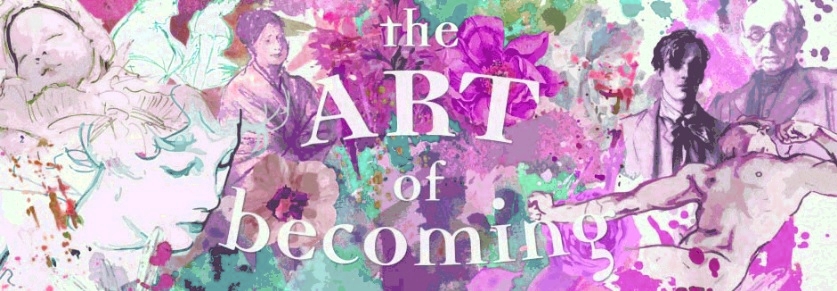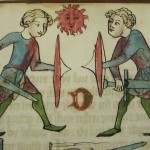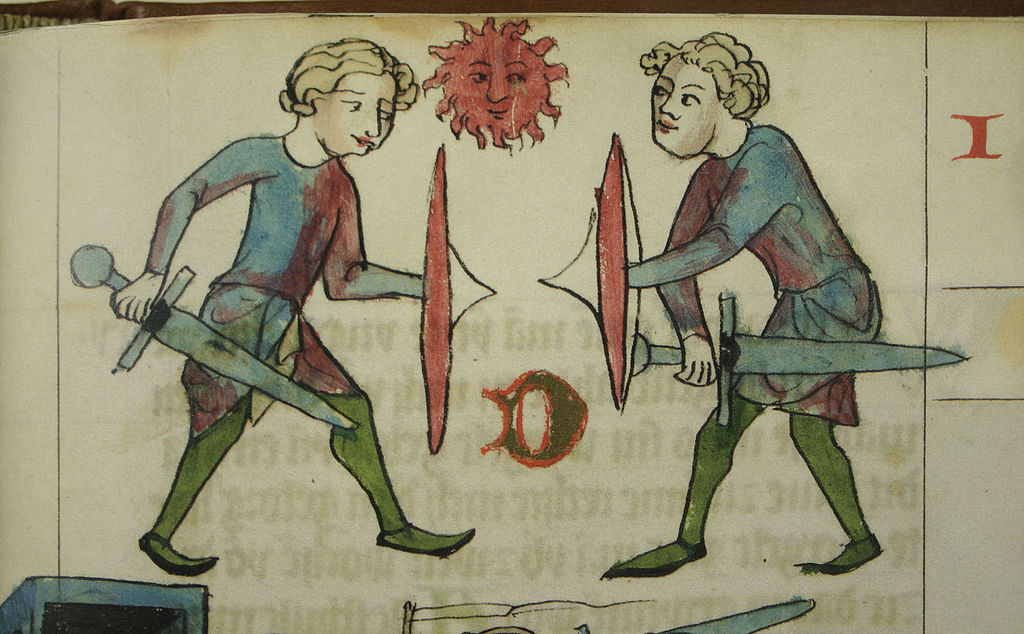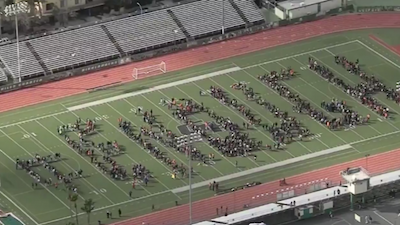You know the movie. The villain is rampaging through the town, playing havoc among the invariably incompetent police force and/or ruling where he conquers with an iron fist. Who can stop him? Only one man. A man who may be quite ordinary to all appearances but is somehow the chosen one, on account of his having special powers, or just an excellent aim.
What you have there is basically a summary of a lot of action films, and it’s a trope that’s made its way firmly into the collective mind.
This compelling idea would seem to be the origin of the ‘good guy versus the bad guy with a gun’, though it’s been with us for a lot longer than cinema. Duelling was permitted legally in most U.S. states until the early 20th century. It was related to trial by combat, wherein disputing parties fought and whoever prevailed was deemed to be telling the truth. We are mostly aware now, of course, that the victor would be the most skilled fighter, regardless of their actual rightness or wrongness.
Yet among some people the myth clearly continues to seep into real life.
In George Eliot’s tale Silas Marner, the eponymous protagonist is cast out by his evangelical church community. He’s accused of stealing from a sick man, who later dies. Silas figures out that his friend must have committed the robbery while he himself was in a cataleptic state. He declares that ‘God will clear him’. Lots are cast, and show Silas to be guilty, leading to him losing his position in the church and his fiancée. He leaves the community soon after, and resettles, disenchanted with the world and with God alike.
The modern reader will no doubt evince disgust at the idea of an innocent man’s life being destroyed because of an unjustified belief in Divine providence acting in this way. Aware of Silas’ innocence, we nevertheless see injustice done in the name of faith. Yet it is precisely this reasoning that’s behind trial by combat, and behind the gun rights ideology: the notion that the great judge above will see the truth and support the righteous against the sinner. The absolutism and superstition inherent in this idea persist in evangelical churches today; and, according to George Lakoff, the conservative world view as a whole: namely that there are two groups of people — good and bad — and that God ensures the good will prosper and the bad will perish.
The definitions of ‘good’ and ‘bad’ of course vary somewhat. Evangelical church types will usually identify ‘good’ with recognizable, part of the church group, a known practicing Christian. Further afield, the idea of ‘good’ might be associated with whiteness, wealth, conservative views, or lack of a (prior) criminal record.
This kind of simplification allows those who practice it to skip over the nuances of reality, and actually envisage a situation in which there are, indeed, ‘good guys’ and ‘bad guys’ with fixed qualities. Their fate is arbited not by the random rules of chance, but by an omnipresent and omnipotent sky deity, to whom worshippers can appeal as the ultimate authority, bypassing inconvenient things like the rule of law, habeas corpus, and critical thinking. Those who cling to the Second Amendment in fear of the ‘tyrannical’ government seem to be aiming at something like the Republic of Gilead.
Thankfully, the brave Parkland kids — true heroes every one — and their supporters are leading the charge out of this land of unreason. Should they succeed, it will hopefully be a victory both for evidence-based policy and for the separation of church and state, as well as saving innumerable lives by ending an irrational and outdated dependence on guns.
If that’s not a symbol of Chiron ingressing Aries, I’m not sure what is.

Read the story behind the creation of your magnificent annual readings, which will help you navigate through this year’s unusual, challenging astrology. Or you may visit our most beautiful website ever, which has lots of free features.


















